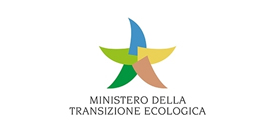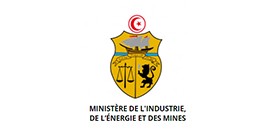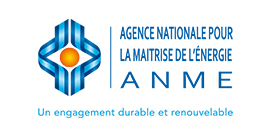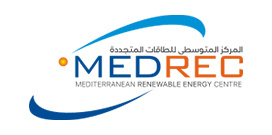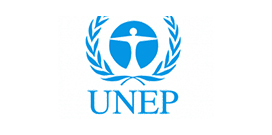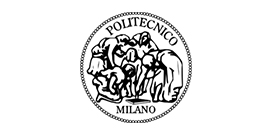The Italian Ministry for the Environment Land and Sea, in collaboration with the Tunisian Ministry of Industry and Energy, National Agency for Energy Conservation (ANME), Mediterranean Renewable Energy Centre (MEDREC), and United Nations Environment Programme (UNEP) launched, in 2011, the project PROSOL Industry in order to promote the development of solar thermal systems in the industrial sector.
Project in numbers
Start year : 2011
Goals
Moving the steps from the success cases of application of Solar Water Heating in residential and tertiary sector in Tunisia (projects “Prosol Residential” and “Prosol Tertiary”), but also with the awareness of the greater complexity of the integration of this technology to industrial processes, different actions have been carried out in the past years in order to delineate the main aspects of this particular application, including studies on heated water needs of Tunisian factories belonging to different manufacturing sectors and studies on the potential of solar thermal energy application to industrial processes. Moreover, in 2011, the Department of Energy of Politecnico di Milano (Italy) has been charged of a technical assistance activity resulting in :
– A regional training on solar thermal technology including practical sizing exercise of solar thermal system for industrial processes and software for the implementation of energy performance studies, held in Milan in July 2011, attended by three ANME technicians
– 3 feasibility studies for integration of solar thermal technology into industrial process including collector type, nominal working condition, investment costs, carried out by Politecnico di Milano.
– 3 feasibility studies for integration of solar thermal technology into industrial process including collector type, nominal working condition, investment costs, carried out by technicians from Prosol Unit (ANME) with the supervision of Politecnico di Milano.
Feasibility studies embraced the integration of solar water heaters in various industrial applications, for producing hot water and/or steam at different temperature levels, in order to understand what processes could be suitable for integration of solar technology and find optimal operating conditions. A major emphasis have been placed on cost-effectiveness of solar integration, also on the basis of current Tunisian policies of incentives for renewable energy sources and fossil fuels, and on possible developments, in a sustainable direction, of these policies.
Partners
- Ministero della transizione ecologica (MITE) (Autorité de financement)
- Ministère de l’Industrie et de l’Énergie – Tunisie (Autorité de financement)
- Agence nationale pour la maîtrise de l’énergie (ANME)
- Centre méditerranéen des énergies renouvelables (MEDREC) (Agence d’exécution)
- Division de la technologie, de l’industrie et de l’économie du Programme des Nations Unies pour l’environnement (PNUE-DTIE)
- Polytechnique de Milan (Politecnico di Milano) – Italie


